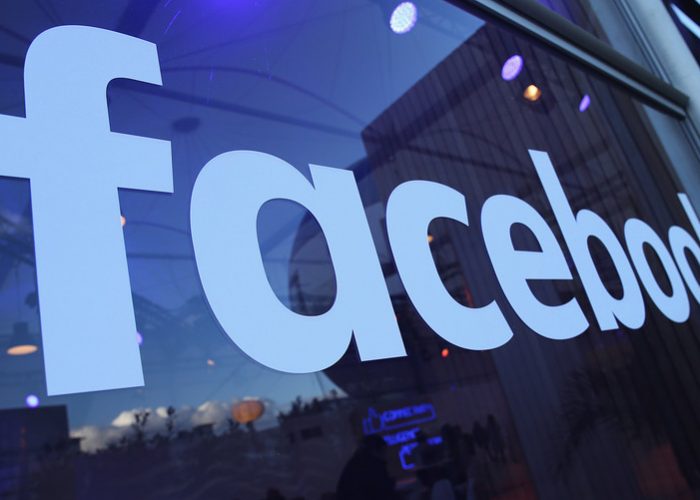



People seeking help from support groups on Facebook are warned that their membership may not be as private as hoped.
TENS of thousands of addicts and vulnerable people are being warned about joining support groups on Facebook that claim to be anonymous but aren’t.
Dozens of recovery groups for afflictions such as gambling addiction, sex addiction, alcoholism and drug abuse describe themselves as “anonymous” but are far from it, as entire membership lists are easily accessed by outsiders.
“Closed groups” on Facebook can be found but you have to be a member to read posts or contribute to the community.
A Sky News investigation found that “anonymous” recovery groups are not warning users that their profiles are on members lists, which are free to view and even searchable.
Depending on a person’s security settings, it is possible to see names, pictures, where a person lives, where they went to school and even where they work.
In many cases the people that set them up were not aware of the privacy flaw. Many have since warned their communities and are calling for Facebook to create a new type of group.
For members of the official Alcoholics Anonymous fellowship, the news is shocking and further vindicates their decision not to start a Facebook Group themselves.
They are now warning addicts about the dangers of losing anonymity and how that can affect recovery.
Peter, a spokesman for the fellowship and a former alcoholic, told Sky News: “We don’t condone [these groups] at all.
“We advise members that if they want to join a social media group they deliberately join one that doesn’t have ‘alcoholics anonymous’ or any mention of our fellowship.
“Preferably not alcoholism in it at all.
“So the individual can protect their anonymity which we think is absolutely critical to an individual’s recovery.”
There are also concerns from the world of recruitment and business as people may not realise that companies or clients can find out this sensitive information.
Corrine Mills, managing director of Personal Career Management, said: “A third of HR people have said that they have rejected people precisely because of things that they’ve found on social media. So we know it affects people’s chances.
“I think if you’re on a self-help group, it’s just giving an employer who doesn’t know you, or have any relationship with you, a note of caution.
“They’ll be thinking “is this person troubled, are they distressed, does this affect their ability to do the job?’.”
In some cases there can be legal implications. Groups for victims of rape and serious sexual assault are also claiming to be anonymous but aren’t. Some experts say this can affect a person’s legal right to anonymity.
Facebook told Sky News it takes feedback very seriously. – news.sky.com
Sorry. No data so far.

